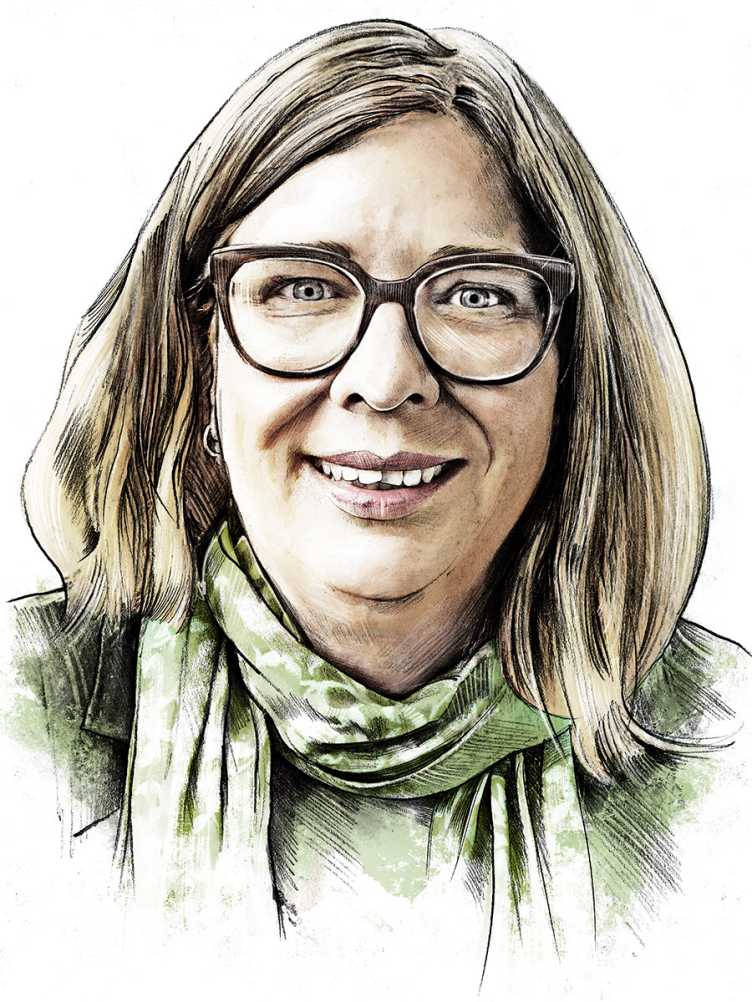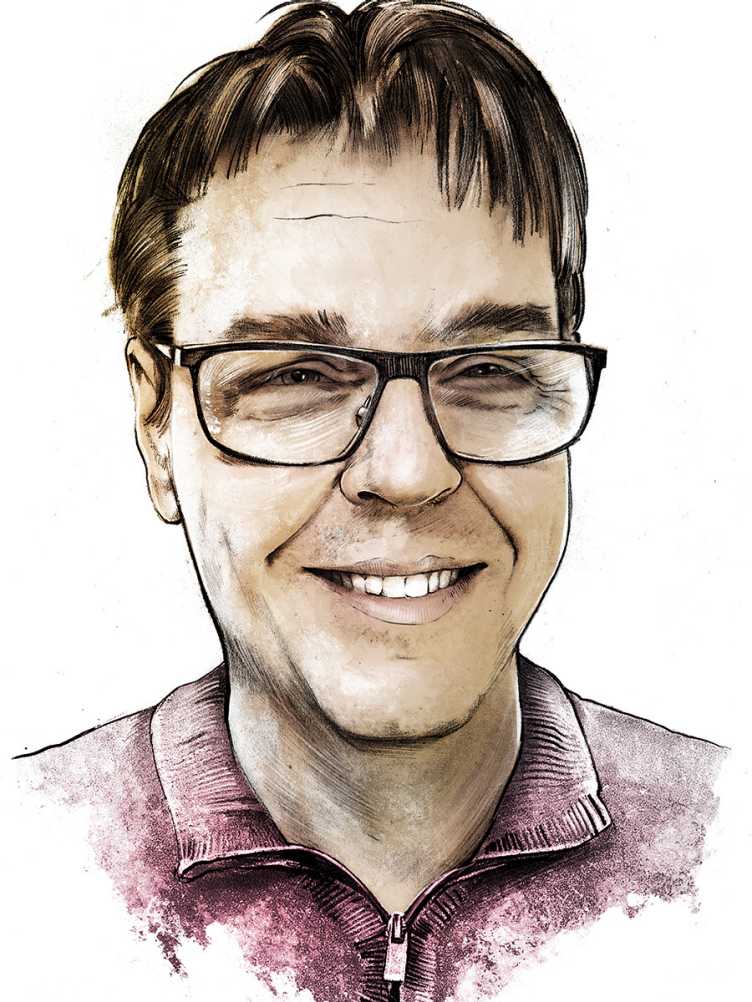Do we need flexible workplaces at ETH?
Two ETH employees argue for and against the concept of flexible workplaces.
For

Around two years ago, I would have said that flexible workplaces were my biggest nightmare. Not having my own desk and space where I could leave everything behind when I head home is the last thing I would have wanted. But two years ago, I was also certain that I would never be able to work from home. Then along came the coronavirus pandemic, which forced me to do just that; and after a few months I came to the realisation that I actually work surprisingly well from home.
And that’s not all – in the future, I’d like to work from home on a regular basis. At the same time, I’m happy to be going back to the office because I miss my colleagues and the overall atmosphere at ETH. I don’t necessarily miss my workstation, which is overloaded with paperwork.
That being said, it’s obviously nice and convenient to have my own desk – and it does also let me indulge in my little day-to-day habits. But after months of humdrum routine, the idea of adding a bit more variety to the professional side of things actually sounds quite appealing. So I’m delighted that we’re introducing flexible workplaces in Corporate Communications.
Will it be annoying to have to clear up my desk every evening from now on? Yes, in my case that’s a given – and our workdays will also be more complicated at first. But I obviously understand that we can’t just leave empty workstations unused several days a week. We’ll just have to get used to new ways of doing things; and that’s something I’m definitely looking forward to. I’m not creative enough when I get too comfortable and settled. Besides, changing your desk neighbours from time to time can help you to swap more ideas, gain important insights and come up with new joint projects. What’s more, you really get to know different colleagues with whom you wouldn’t normally have interacted much otherwise. After all, expanding your own network is a must in today’s working world – and it can be very enriching on a personal level.
While it is true that most changes take some time to reveal their true potential, it still pays off to leave your comfort zone once in a while. And when I think back to the beginning of 2020, when most of us only associated the word “zoom” with a camera lens, it makes me realise just how flexible we really can be.
Against

When we all found ourselves having to work from home due to the pandemic, we had no other alternative but to make the best of it. But it also made me appreciate just how invaluable it is to work in an office together with my direct colleagues.
Working from home means no more discussions about little details and less awareness of what is on people’s minds and what problems we face. No more “coffee talk” – often the time when people come up with their best ideas and exchange valuable know-how. In a nutshell, no more face-to-face communication – an integral part of ETH’s open and collaborative culture that I very much appreciate. Virtual meetings are just not as effective as being able to talk to people in the same room.
At the same time, of course, it is also very important to have a quiet place to work. After all, most of us are in jobs that require a high degree of concentration. Furthermore, having your own office helps to make you feel welcome and motivated.
This may no longer be possible if we have to find a new workplace every day, and we will probably often end up in a noisy environment where we do not feel comfortable and cannot work in peace. This could then lead to rising stress levels that may affect health. And people might opt to work from home as a result, bringing a halt to those very fruitful exchanges in the corridor.
Having a flexible workplace will also mean carting your laptop and other work utensils to work every day, making it more impractical to come in on foot or by bike. It will also complicate matters if you want to take part in after-work activities. To store your laptop safely, you will have to clock up more kilometres by taking it home first before heading out again – all increasing the carbon footprint.
What’s more, the chances of finding something again if you accidentally leave it behind might be virtually zero, and the anonymous nature of such workplaces might result in an increase in theft.
Flexible workplaces do save costs, but I think ETH staff deserve to be able to work in proper offices – the return on investment is not to be underestimated. It would be a pity to sacrifice the great culture we had before the pandemic in the interest of saving costs.
This article appeared in the current ETH magazine "life".
Comments
No comments yet